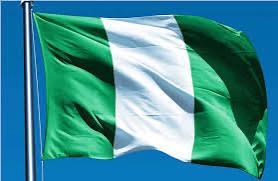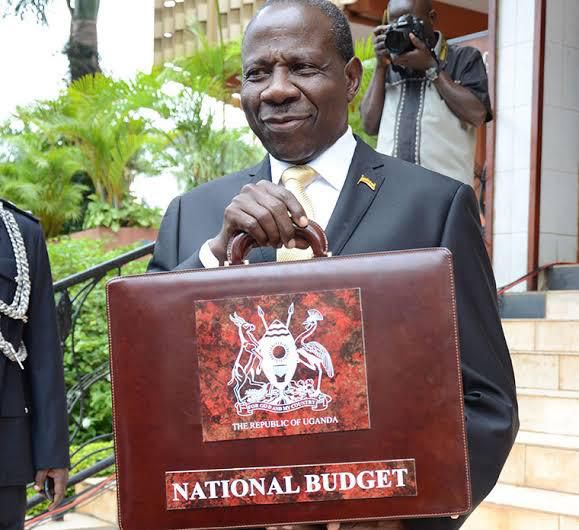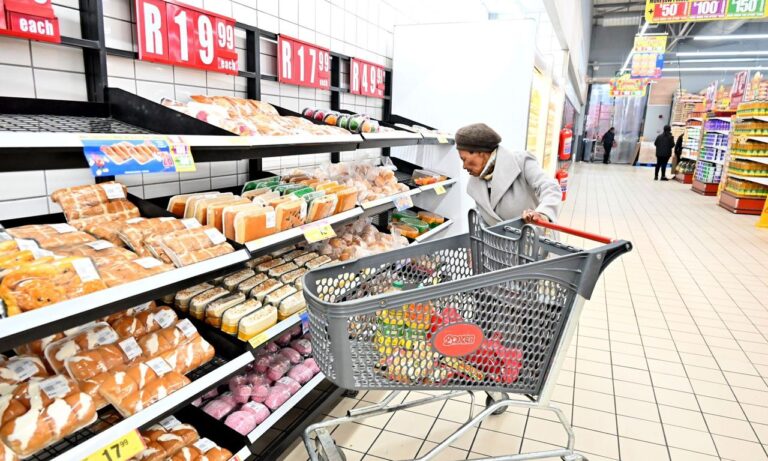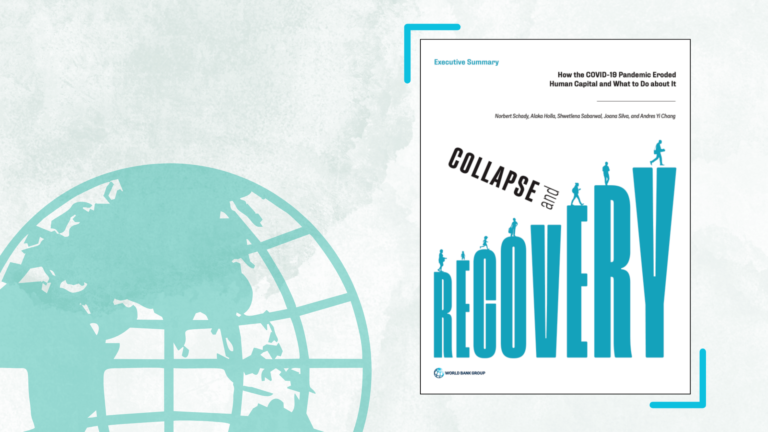By Chidozie Nwali
Nigeria’s economic landscape has been significantly redefined following the recent rebasing exercise of its Gross Domestic Product (GDP), which has revealed a substantially larger economy than previously estimated.
The National Bureau of Statistics (NBS), on Monday reported a “41.7% increase in 2019 Nominal GDP” over the old base year’s figures, a move that shifts the base year from 2010 to 2019 to better reflect the nation’s current economic structure and activities.
NBS report noted that the comprehensive exercise, was conducted in line with international best practices, covering the period between 2019 and 2023, with 2019 chosen due to its “relative stability of the domestic economy.”
The rebased estimates show Nigeria’s nominal GDP at market prices for 2019 standing at N205.09 trillion ($133 billion). This figure is projected to rise to N314.02 trillion ($204.11 billion) in 2023 and further to N372.82 trillion ($242.33 billion USD) in 2024, painting a picture of a more robust economy.
Beyond the headline figures, the rebasing exercise has shown significant shifts in Nigeria’s economic structure. The report highlights a “rise in the share of agriculture and services sectors and a fall in the share of the industries sector in nominal terms, indicating a shift in the structure of the Nigerian economy than earlier reported.”

Specifically, in 2019, agriculture’s contribution increased to 25.83% (from 22.12% pre-rebasing), while industry’s share declined to 21.08% (from 27.65%). Conversely, the services sector saw its share grow to 53.09% (from 50.22%).
One of the most notable changes in sectoral ranking is the ascendance of real estate, which “ranked third displacing crude oil and natural gas to the fifth position.” This re-evaluation is largely attributed to “better coverage of the real estate informal sector.”
The top five economic activities in the rebased 2019 estimates are now crop production (17.58%), trade (17.42%), real estate (10.78%), telecommunications (6.78%), and crude petroleum and natural gas (5.85%).
The rebasing also led to improved sectoral coverage across the board. The water transport subsector, experienced “significant revisions and improvements” due to the inclusion of activities from key maritime agencies.
Similarly, the agriculture sector’s data was enhanced through national sample censuses and surveys, resulting in “significant revisions in forestry (843%) and livestock (458%).”

The informal sector’s contribution to the gross domestic product also saw an increase, rising to 42.5% from the previously recorded 41.4%.
NBS stated that the methodology employed for this rebasing was rigorous, involving the construction of a Supply and Use Table (SUT) with detailed industry and product breakdowns, covering 46 industries and 217 products.
The exercise incorporated data from major censuses and surveys, including the National Business Sample Census, Survey of Establishments, National Agriculture Sample Census and Survey, and the Nigeria Living Standard Survey. Furthermore, new and emerging economic activities such as digital economic activities, pension funds administration, and modular refineries were integrated.












